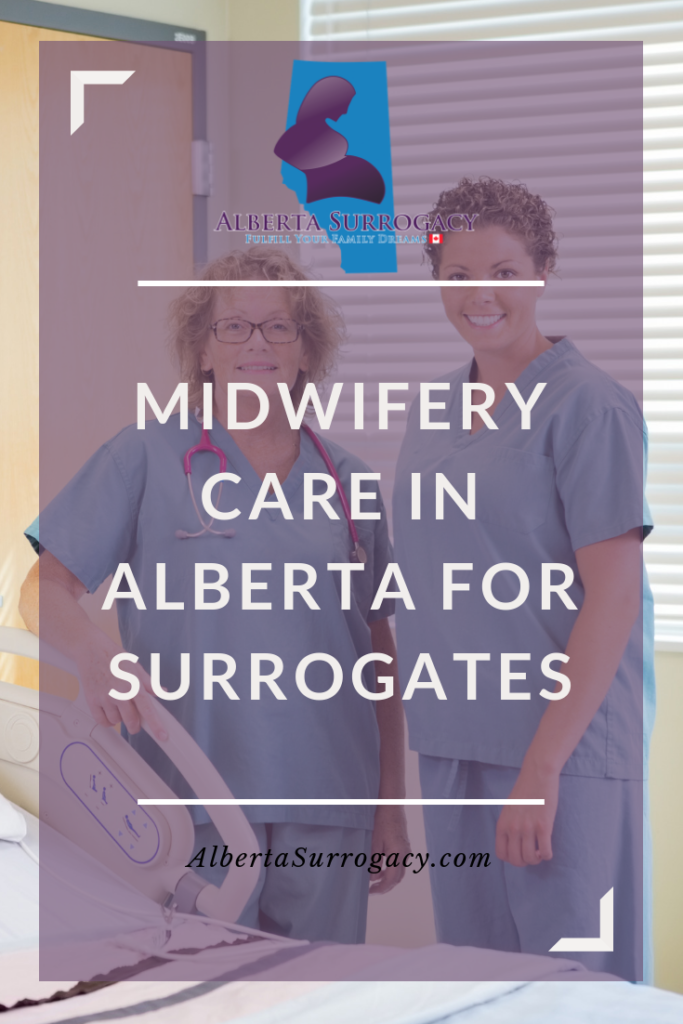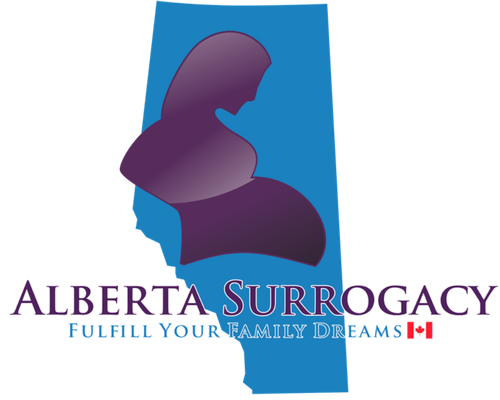What is a Midwife?
A midwife is a person trained to provide care during pregnancy, birth and the postpartum period for low-risk individuals. There are seven schools within Canada that offer midwifery programs, which consist of 4 years of education and hands-on placement in the field, for a Bachelor of Science or equivalent. They attend births in many different scenarios – rural settings, cities, homes, hospitals, and birth centres – providing care for individuals and families. The demand for a midwife has increased consistently over the last couple decades, as a gradual push to normalize birth, rather than medicalize it unnecessarily, has come to the forefront for soon-to-be parents and women who insist on patient-centred care. According to the Alberta Association of Midwives, Alberta midwifery care is aligned with the Canadian Midwifery Model of Care, containing these 7 paraphrased principles, found on the AAM website, which defines midwives as compared to other prenatal care providers:
Primary Health Care: Midwives are autonomous primary health care providers. Clients need not consult with additional maternity care providers during a normal, uncomplicated pregnancy.
Partnership: Midwives engage in a supportive partnership with clients throughout their care.
Continuity of Care: A client is cared for by a single midwife or small group of midwives. This provides continuity of care-provider, and fosters a relationship of familiarity and trust.
Informed Choice: Midwives offer informed choice and recognize the right of each person to be the primary decision maker about their care.
Birth Setting Choice: Midwives respect the client’s right to choose where they will give birth and provide care to their clients in the setting of their choice.
Evidence-based: Midwifery practice is informed by research, evidence-based guidelines, clinical experience, and the unique values and needs of those in their care.
Collaborative: Midwives may work collaboratively within creative interdisciplinary models of practice with other healthcare professionals as needed.

Accessibility to Midwifery Care in Alberta, Canada
Midwifery care become publicly-funded in Alberta in 2009 and the request for access to a midwife has increased annually since. Currently, the Alberta government has limits on the courses of care that midwives can provide, which has resulted in a waitlist estimated to be in the hundreds, with many midwifery-care hopefuls being left unable to access care from a midwife. Many individuals, as well as activists, community groups, non-profits and businesses support an increase in access to midwifery care for a number of reasons including, but not limited to, the right of the birthing person to choose their provider, further support and care provided to rural communities with little access, and the savings provided to the Albertan taxpayer.
I have a midwife, now what?
Happy dance! Midwives, once they’ve taken you into care, provide prenatal visits and support throughout the pregnancy and for 6 weeks postpartum. Enjoy getting to know your midwife or midwifery team, and enjoy the partnership created during the care provided on your journey. Research your birthing choices and discuss them with your partner/family/intended parents and midwifery team. Happy birthing!

